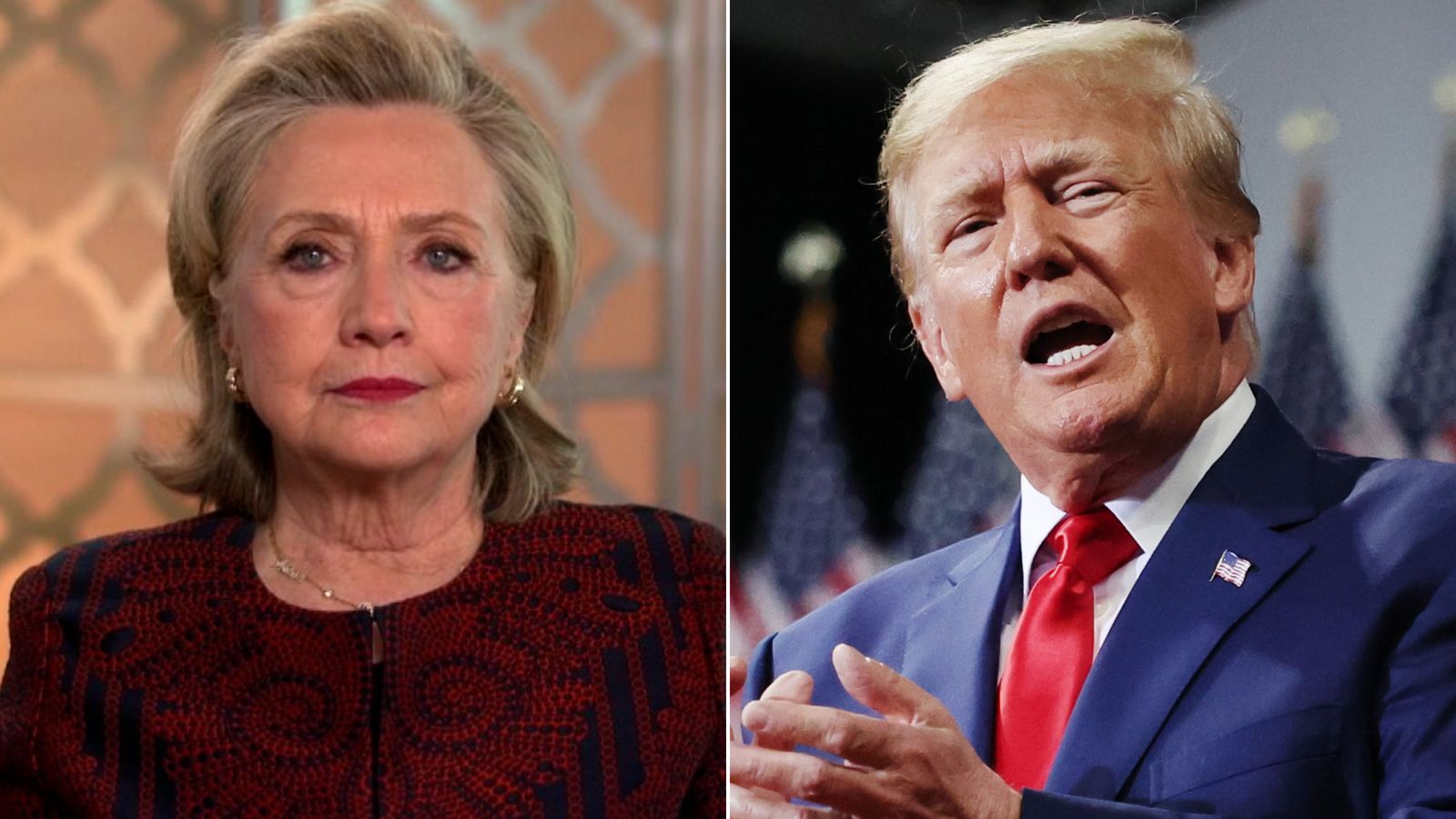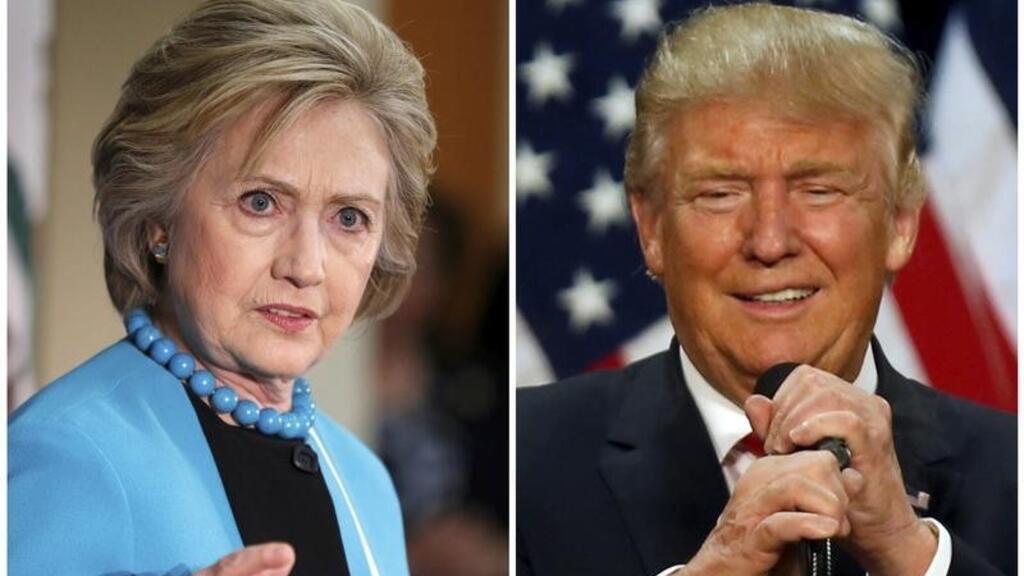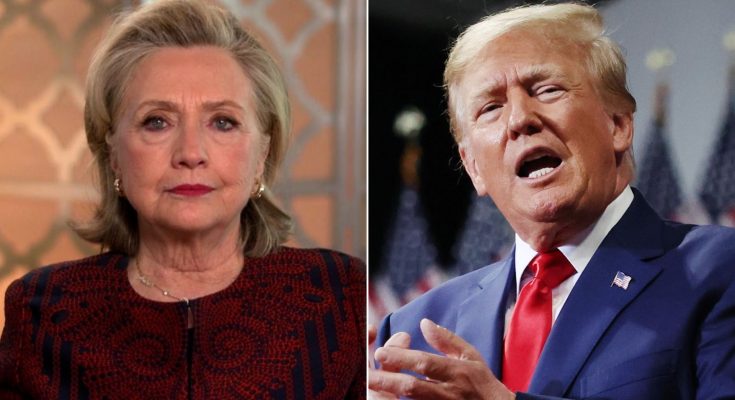BBC News recently reported a bold promise from Hillary Clinton that has sent shockwaves through political circles and captured public attention worldwide. Clinton has vowed to “reopen all classified files” related to the lavish parties hosted by tech billionaires, parties that former President Donald Trump reportedly attended. Her statement isn’t just a political gesture; it’s a promise to uncover the truth and reveal who is ultimately responsible for these shadowy gatherings and their implications.

Clinton’s words were clear and stirring: “I will make it clear that the truth will come out, who is ultimately responsible, and what those events meant for the nation and for the powerful.” These parties, held in luxurious but secretive settings, have long been the subject of speculation, tied to questions about influence, corruption, and the mingling of political power with the wealthiest elites of the tech industry. With Trump’s name consistently linked to these events, Clinton’s promise to reopen the files casts a spotlight on the former president’s role in this intricate web.
What makes this declaration so significant is the reopening of classified files—documents that had been sealed, hidden from public scrutiny, often cited as containing sensitive details crucial to understanding the depth of the influence exerted by the tech magnates and their political connections. Clinton, with her history as Secretary of State and a seasoned player in national security and governance, is positioning herself as someone willing to confront the uncomfortable truths buried in these files.
For years, these parties have intrigued and alarmed observers: who attended, what was discussed behind closed doors, and how might these elites have shaped policies or affected elections? The secrecy surrounding these events only feeds the public’s curiosity and suspicion. Now, Clinton’s promise suggests a reckoning is near, potentially unraveling decisions and deals that have shaped the political landscape for decades.

Nevertheless, the reopening of these classified files is poised to dominate headlines and political discourse in the months to come. It will likely trigger responses from those implicated, provoke legal and political battles, and demand the attention of both the media and voters.
In essence, Hillary Clinton’s public vow is a dramatic call for truth in an age too often clouded by secrecy and spin. As she promises to expose the reality behind these tech billionaire parties and the powerful figures involved, an important chapter in the saga of American political accountability begins. That chapter holds the potential to reshape perceptions, challenge old power structures, and ultimately bring to light what has until now remained in the shadows.
For many, this promise is not just about politics. It’s about democracy itself, about the right of every citizen to know who is pulling the strings and how decisions that affect their lives are made. Clinton’s pledge to “reopen all classified files” is a beacon for those seeking transparency and a reminder that in the struggle for truth, patience and persistence often pave the way for justice.



